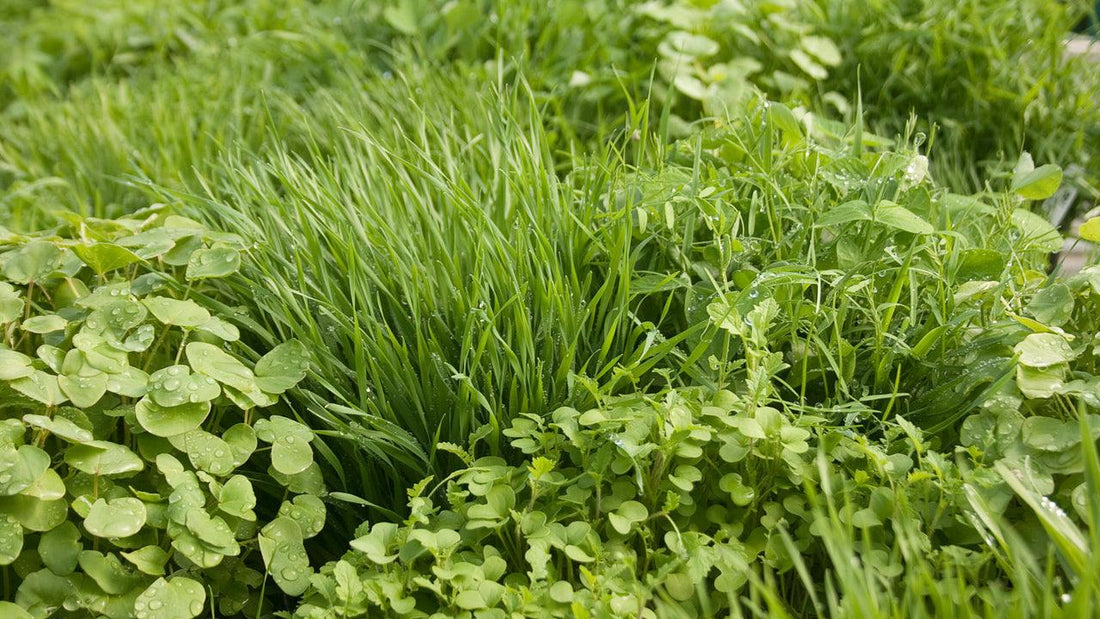A recent request for particulars concerning the organic industry sent me on a search for more information concerning the wonderful world of organics. I am lucky enough to work in an office full of people who know all about this topic, and also have an endless supply of facts posted on not only this blog.
In one of our older posts, "What does it mean to grow organically," there is a broad definition of organic agriculture stating its basis as farming or gardening "in rhythm with nature's laws in a sustainable manner that provides a healthy eco-system for all beings involved." This definition, however, differs from the legal use of "organic" regulated by the federal government.
The Federal Organic Foods Production Act of 1990 set a standard for those who practiced US organic farming in order to create consistency in the word for consumers. The NOP (National Organic Program) set regulations in 2002, impacting anyone who buys or sells organics.
Summary of NOP Standards
- Certified organic crops must be grown on certified farmland that has not been treated with prohibited pesticides, synthetic fertilizers, or other substances for at least three years.
- Certified organic farmland soil health is maintained with crop rotation and other sustainable growing methods to eliminate toxic or persistent synthetic pesticides and fertilizers.
- NOP strictly prohibits the use of genetic engineering, ionizing radiation, sewage sludge, antibiotics, and growth hormones.
Certified organic farmers must follow NOP specifications to determine which materials (fertilizers, pesticides, etc.) they can use. To avoid having to research NOP regulations in order to make decisions, a farmer may also rely on the OMRI or manufacturers' statements of compliance.
More About OMRI
OMRI is an independent, nonprofit organization that evaluates the acceptability of products for organic use. Based in Eugene, OR, OMRI was started in 1997 to benefit the organic community and general public.
Before OMRI, certifying agencies had to determine which materials were allowed, regulated, or prohibited in organic production. OMRI's primary mission is to provide information collection and dissemination services, as well as expert analysis and recommendations regarding the use of products in organic production.
Organic Farm Certifying Agencies
Some of the prominent organic certification agencies include:
- International Federation of Organic Agriculture Movements (IFOAM): Coordinates the organic movement worldwide and provides international organic standards in multiple languages.
- California Certified Organic Farmers (CCOF): A nonprofit membership association supporting organic farmers, food processors, and retailers. CCOF is one of the largest certifying organizations in the U.S.
- Oregon Tilth: A nonprofit organization providing organic certification and advocating for sustainable agriculture worldwide.
Organic Trade Association
The Organic Trade Association (OTA) offers valuable information about the organic industry and its standards.
OTA defines organic agriculture as "an ecological production management system that promotes and enhances biodiversity, biological cycles, and soil biological activity." Organic certification ensures that products are produced according to strict, uniform standards verified by independent state or private organizations.
Certified Organic Plants
For gardeners looking to grow their own organic plants, check out our certified organic berry, vine, and herb plants. These plants are perfect for creating your own organic garden and enjoying fresh, healthy produce.


